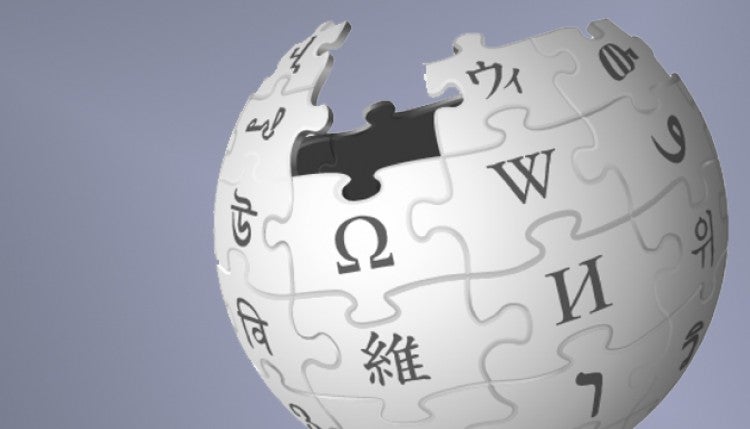Wikipedia wants to talk to you

Popular online encyclopaedia Wikipedia is working on a speech synthesis engine that would drastically improve accessibility.
The online encyclopaedia is collaborating with Sweden’s KTH Royal Institute of Technology to produce the world’s first crowdsourced speech synthesis platform.
This is intended to help those with reading difficulties or visual impairment who obviously struggle to access Wikipedia’s heavily text-based entries. It’s estimated that 25 percent of Wikipedia users need or would prefer their information to be in spoken form.
Just like Wikipedia content itself, the speech output of this project will be crowdsourced.
Given the identity and location of Wikipedia’s collaborator on this project, the first language to be implemented will be Swedish. Then the team will move on to basic English, which is expected to be “quite good, given the large amount of open source linguistic resources.”
Finally, the speech synthesis team will move on to “a rudimentary Arabic voice that will be more a proof of concept.”
These three starter languages are expected to be ready around September 2017, at which point it will be possible to extend the feature to the remaining 280 languages Wikipedia is available in – with sufficient user assistance, of course.
Related: Wikipedia may be building a search engine after all
While the platform will be optimised for Wikipedia itself, it’ll be open source, so will be able to be freely utilised by any site built on MediaWiki software.
This isn’t the only ambitious project Wikipedia is working on right now. Last month it emerged that Wikipedia was looking into developing a search engine for “discovering reliable and trustworthy information on the internet.”
(apester:56c1aab917a1f6c05099c625)
Let us know what you think of Wikipedia’s plans in the comments below.


